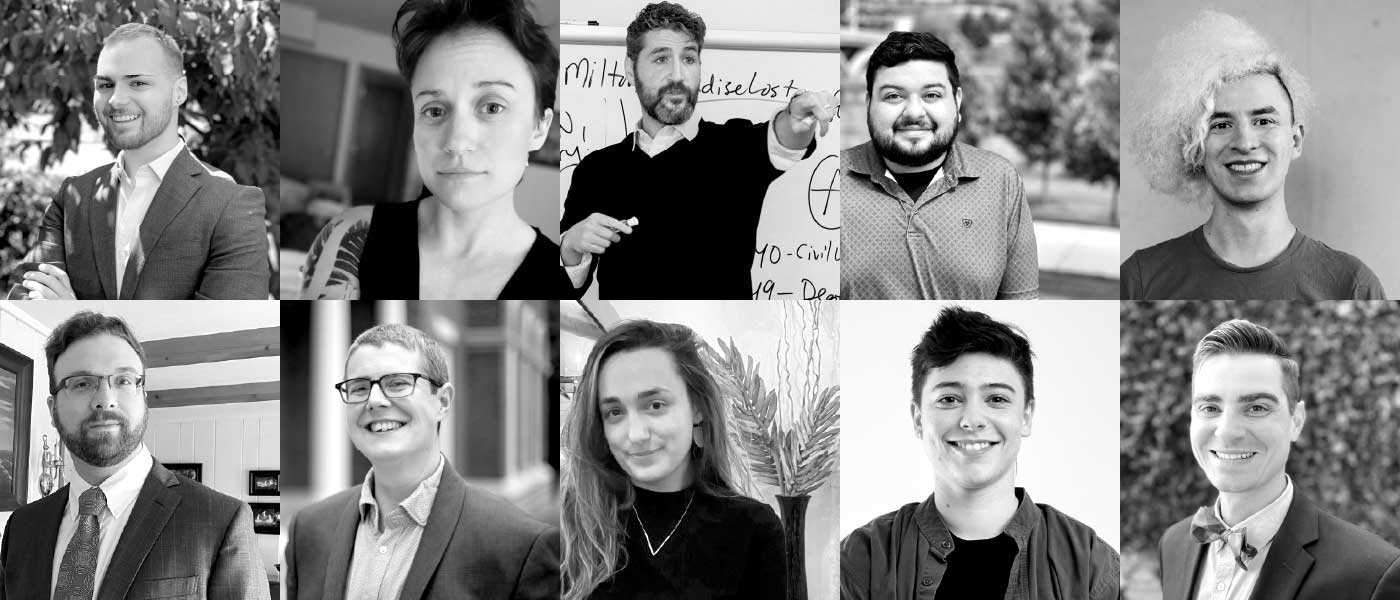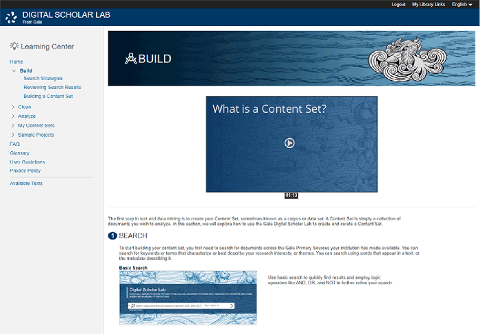Removing Barriers to Digital Scholarship
"An excellent resource for institutions seeking to expand their research and data-analysis offerings in the humanities." —Gricel Dominguez, reviewing in Library Journal
Emerging from the field of humanities computing with its origins in the late 1940s, digital humanities (DH) is, in many ways, still a growing discipline. With that growth comes a mix of exciting opportunities for researchers and libraries, as well as a host of challenges still to overcome.
When performing analyses, finding, cleaning, and organizing data, natural language processing (NLP) for historical texts is often a daunting task, especially when looking to generate meaningful results. Gale Digital Scholar Lab removes these barriers and streamlines the workflow process, allowing researchers to spend more time identifying previously undiscovered data, testing theories, analyzing results, and gaining new insights.
Bringing Innovation to Digital Humanities
For researchers, DH scholarship is fueling new ways of interrogating content, analyzing insights, and outputting discoveries, and is fundamentally shifting how scholars partner together to make new types of research possible. Collaboration is a key driver of change as people with diverse backgrounds and skills come together to address common barriers related to applying new computing tools to content that may not always be prepped and accessible.
Advanced Humanities Computing Capabilities for Every User
As expert content curators and skilled technologists, librarians are natural collaborators throughout this process. Libraries around the world are embracing the opportunity to help faculty and students navigate groundbreaking research methodologies and achieve new outcomes by pairing computational analysis tools with high-quality content. While funding for humanities resources is increasingly limited, DH initiatives typically garner more support than traditional programs, positioning libraries well to actively engage at every step of the process.
A New Lens for Historical Texts
Together with libraries, Gale is poised to help colleges and universities launch, enhance, or accelerate their digital scholarship programs, strengthening connections with faculty and students. Gale Digital Scholar Lab, developed with participation from beta testers across a wide range of institutions and organizations, is designed to transform the way scholars and students access and analyze Gale primary source materials by offering solutions to some of the most common challenges facing researchers in the digital humanities today. By integrating an unmatched depth and breadth of digital primary source matter with the most popular DH tools, Gale Digital Scholar Lab provides a new lens to explore history and empowers researchers to generate world-altering conclusions and outcomes. Through advanced humanities computing tools that make natural language processing (NLP) for historical texts accessible, more efficient, and impactful, the footprint of digital humanities can be expanded to more classrooms around the globe.
Digital Scholarship with Prestige
The DH team at Gale couldn't be more proud that Gale Digital Scholar Lab has received the following recognition:
- Two-time winner for Best Product, Higher Education from the Tech & Learning Best of 2022 and Best of 2023 Awards of Excellence
- Two-time winner for Back To School, Higher Education from Tech & Learning Best Tools for Back To School in both 2022 and 2023
- Winner for best research & reference tools solution from the 2023 EdTech Cool Tool Awards
- A finalist for Best Higher Education Humanities Instructional Solution from the 2023 SIIA CODiE Awards
- Honorable Mention from the 2023 Modern Library Awards
- A finalist for Best Learning Analytics/Data Mining Tool from the 2023 Tech Edvocate Awards
- Platinum winner for best Digital Library Tool from the Campus Technology 2023 New Product Awards









